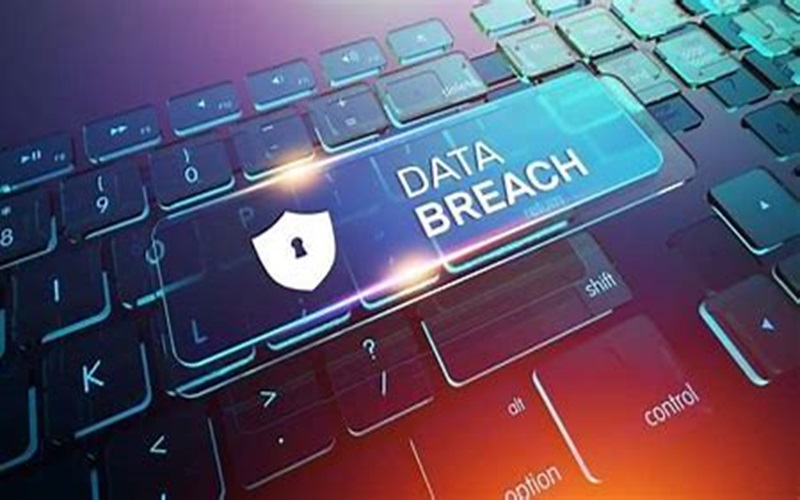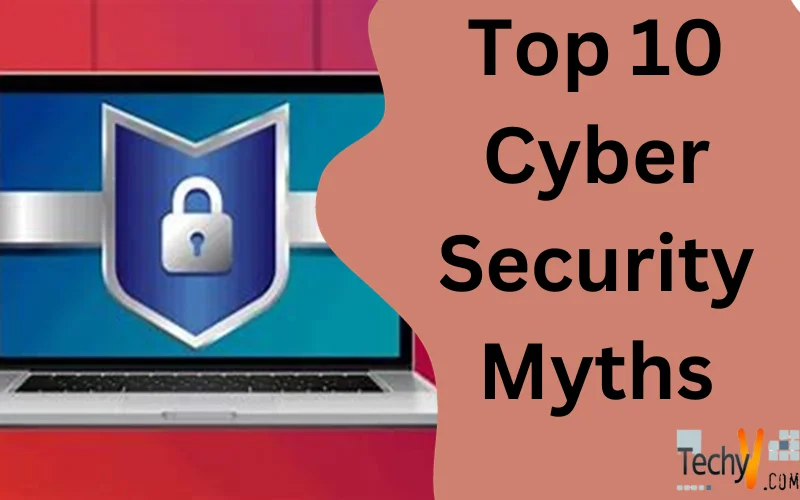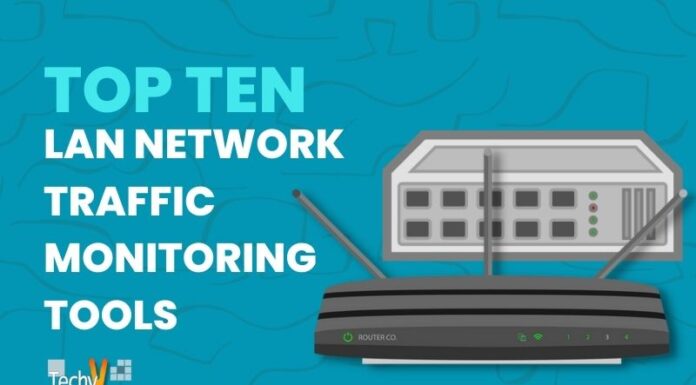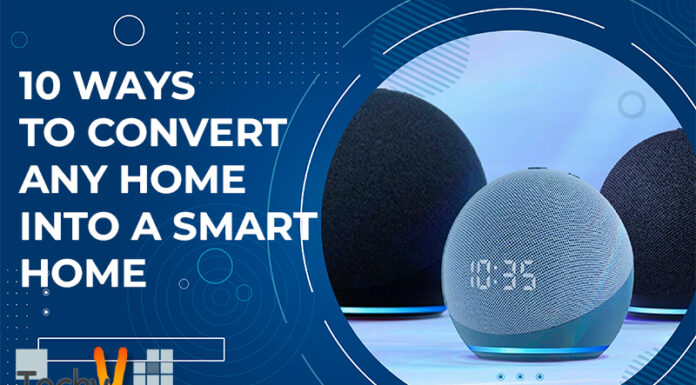Cyber and security concerns are across the globe. Today across the continents, many companies face the problem of their sensitive data being hacked or stolen. Cyber attacks consist of different types of attacks like malware, MITM, DDoS, SQLi, and DNS. Hackers are hacking bank servers and stealing a lot of money. Therefore, several companies and organizations should build a better security system to protect their data and information from cyber-attacks.
Cyber security explains how computers protect information or data, networks, and sensitive information from unauthorized access, theft, or damage. It defends our internet-connected systems like smartphones, laptops, tablets, servers, and electronic networks from virus or malware attacks. Every one of us needs security for our mobile phones connected to the WIFI networks to the computers or laptops in a company. In modern life, we depend on internet services and focus more on storing our information/sensitive information digitally by relying on it.
Cybersecurity is a field that provides/enables users to secure their data, networks, and electronic devices from malicious attacks. Cybersecurity devices organize and control our data to protect it from being hacked or wiped away. This field is necessary and advancing at a high rate due to the need for security. The networks and data need to be secured. Cyber security analysts or technicians update the security systems from time to time.
When we think about the data, we often have many myths compared to the reality. Let us discuss some of the myths and the reality linked with them.
1. Website Log In – Strong Passwords
The myth is when we log in to a website. The website redirects us to register. While registering, it asks us to set a strong password so that information cannot be stolen or hacked. In reality, Strong passwords are a start. It is not impossible to decode a strong password. It just takes time to do it. Two-factor authentication is needed for data monitoring. It helps us to have a unique type of password, protecting it from getting hacked. Today, most websites and applications like Google ask us to set up Two-factor authentication for higher security by reducing the risk of stealing or erasing data.
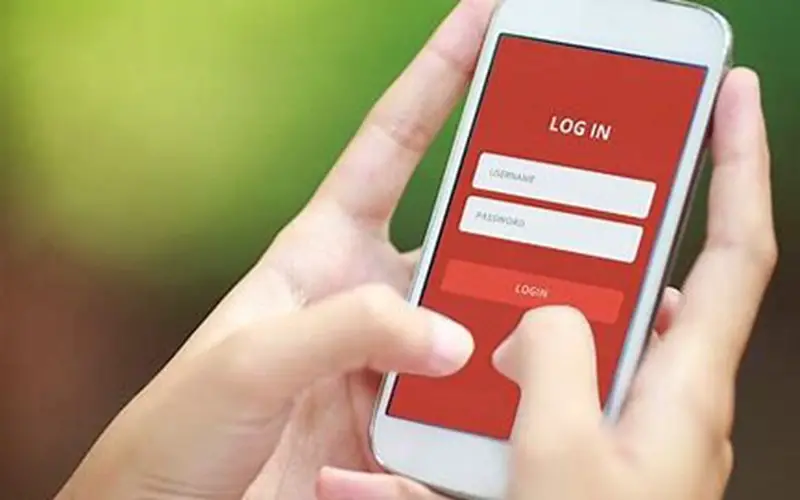
2. SMBS – Largescale
The myth is the hackers do not target the SBMS (Small to medium-sized businesses. SBMS refers to a startup company with fewer employees. As the employees and infrastructure are less and the production of income is less, we often think hackers will not target SBMS. In reality, hackers can target the SBMS. They lack the additional security systems compared to the large-scale companies, making it an easier target for hackers to steal the data.
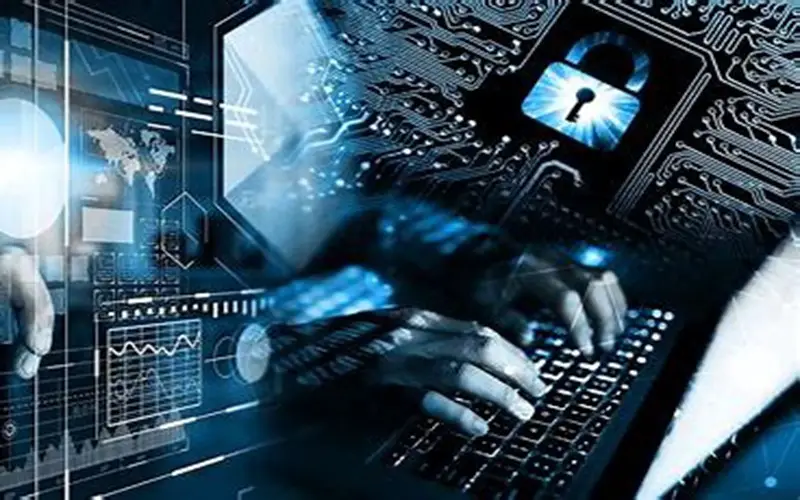
3. Laptops – Antivirus
In this digital era, many people use laptops and computers for academic and personal use. They store a lot of information on their systems as it will be easy to retrieve information whenever needed. As we hold a lot of data, our systems need security. Therefore, anti-virus will be pre-installed in many laptops and systems. People believe that it will protect all the data. In reality, it is just a layer that helps prevent the malware or virus from entering the system. It cannot completely secure the data from getting hacked or stolen.
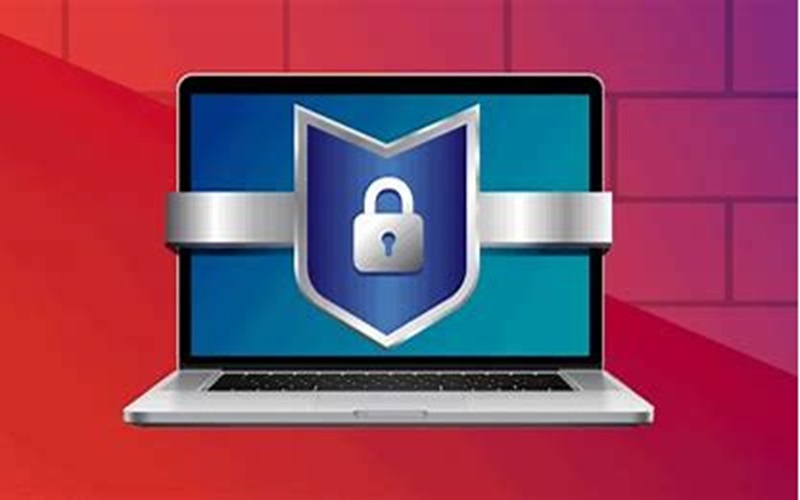
4. Industries – Cyber Attacks
Industries are rapidly increasing across the world. They contain various kinds of information related to the industry such as the blueprint, sensitive data, and personal information. They install multiple security systems to protect their data. The myth people believe is companies or sectors that lack sound security systems are vulnerable to cyber-attacks. In reality, any company or industry that lacks a security system gets hacked and the chance of erasing the data is high.
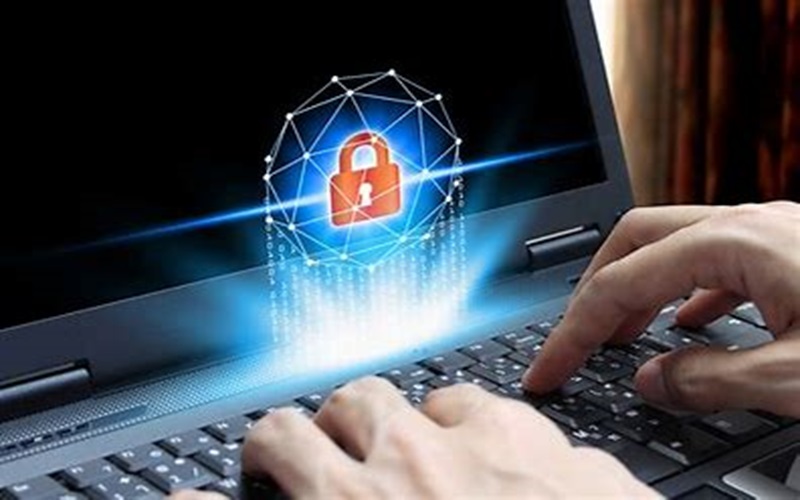
5. Strong Password Protection – Less Security
Many individuals think working in an organization or company that has high security reduces productivity, which is a myth. Several companies have higher security like cameras, card access to everything, and password protection for every file. People think this causes a decline in the productivity of the company. In reality, the higher the security, the better the productivity.
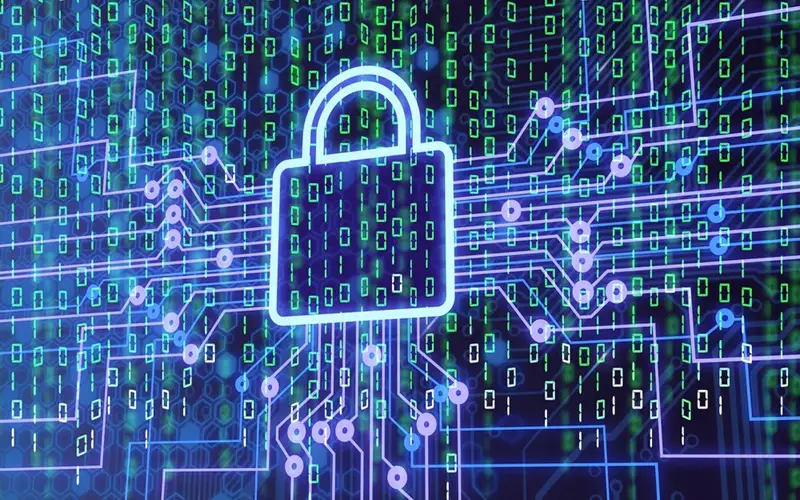
6. Less Employees – Higher Risk
Several companies have a lot of employees. Several companies have fewer employees. People have a disbelief of getting cyber threats from outside. Cyber attackers from outside target a company and hack it. In reality, cyber attackers can be someone you know. They can be someone inside the respective organization or company. They hack the systems from inside. As it is someone you know this creates a problem when they try to catch the cyber attacker.
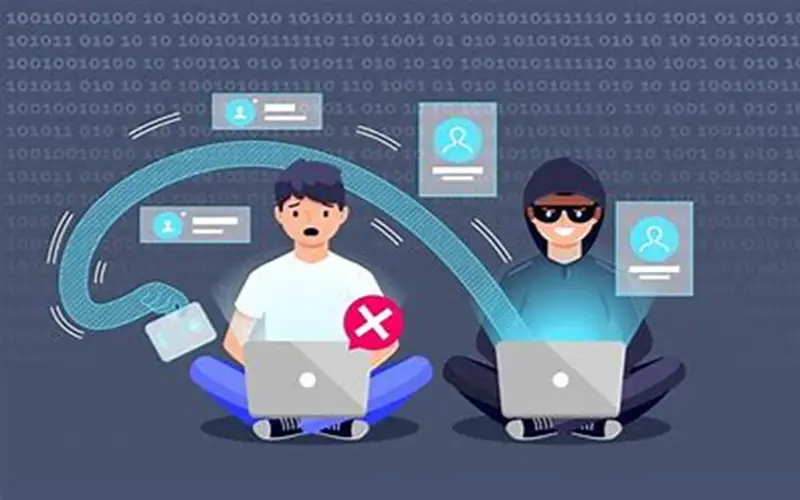
7. Rich People – Hacking For Ransom
In this rapidly growing world of people and companies, everything works digitally. Every one of us needs security. There is a myth that people like rich celebrities, public figures, models, and business people very often get hacked for ransom or their sensitive data. In reality, no matter who the person is, rich or poor. The devices can get hacked for ransom. Mostly, the social media profiles of many people get hacked and spread vulgar messages and information.
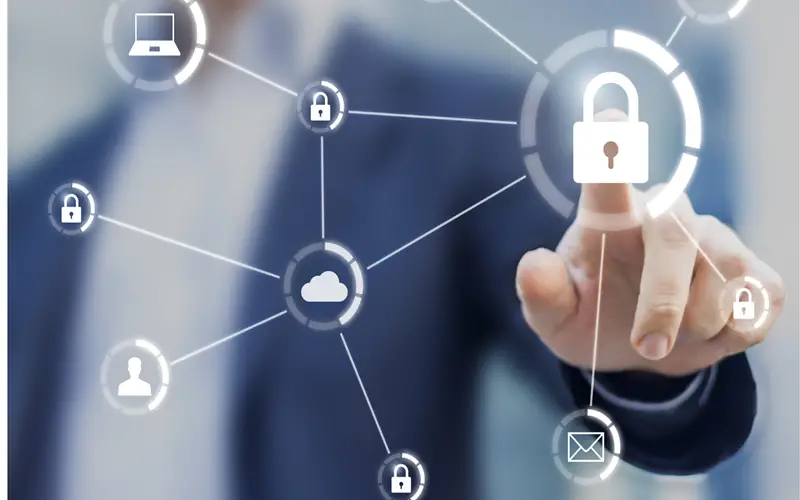
8. WIFI – Password
WIFI is used by every individual today. Many companies, organizations, schools, and colleges use WIFI for internet connectivity. The smartphones we use have WIFI installed. We secure our WIFI by keeping a password. An apparent myth we all believe is by keeping the WIFI password strong. Our data can get protected. In reality, devices or organizations can get hacked even by keeping solid passwords.

9. Large Companies – Best Security Systems
Large companies generate a lot of income. They have the best security systems. They install costly cybersecurity devices, security systems, and anti-virus. They take a lot of precautions in protecting their data. Several people believe that these companies are less prone to getting hacked. In reality, the companies with the best-secured systems can get hacked, and their data can get stolen. Cybersecurity is a field that is constantly improving in terms of security. So, we have no security systems that protect the data completely.
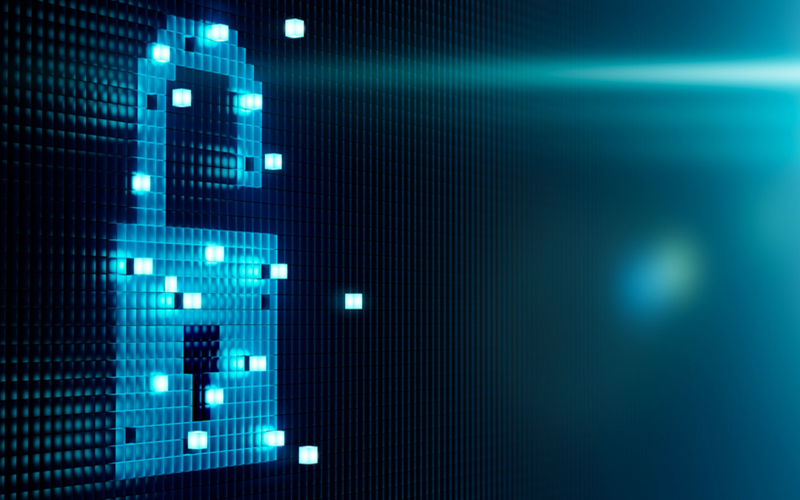
10. Internet Connection – Data Breach
Once a week, we see in the newspaper or television that this company had a data breach. A data breach means our sensitive information gets copied, transmitted, or Stolen by a third person or a hacker. The myth is companies that have never experienced a breach think their security system is strongly secured. In reality, cyber attacks change constantly and no one knows which company gets targeted. So, we have to get prepared by changing our passwords and security systems.
